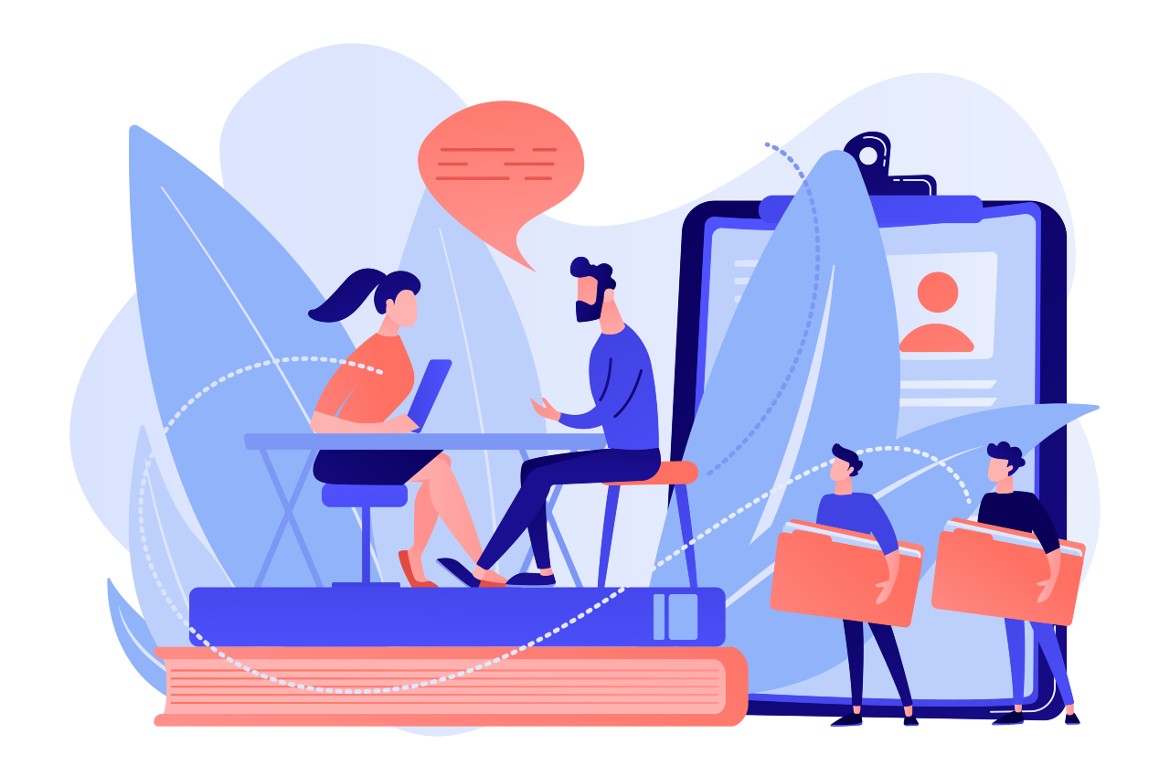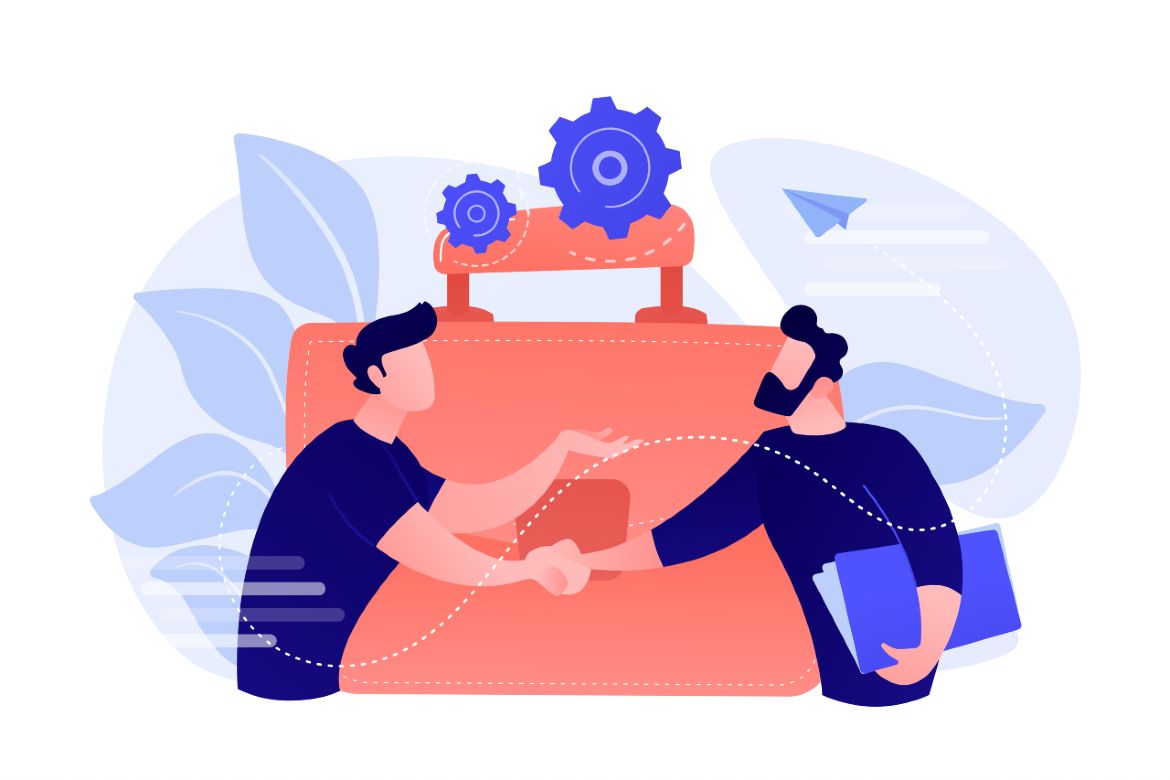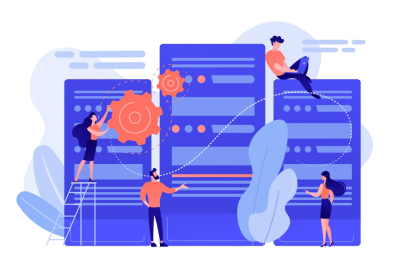
Candidate A vs. Candidate B: The Soft Skills That Made All the Difference
Posted on:
by Cathal McAliskey
IT Jobs and Recruitment Insights
In this blog I’ll break down how soft skills in tech interviews—like communication, adaptability, and curiosity—can be the tipping point in a competitive job market like Ireland’s. If you’re wondering how to stand out in a job interview, read on for real-world insights, practical interview tips, and reflections for both tech candidates and hiring managers.
What Happens When Technical Skills Are Equal?
In a fast-paced industry like software development or data centre operations, technical competency is non-negotiable. You either have it or you don’t. But how do you differentiate between two candidates with similar technical abilities?
Recently, we had the opportunity to present two highly qualified professionals to a Dublin-based tech company scaling its backend engineering team. Let’s call them Candidate A and Candidate B. On paper, both were strong: 5+ years of experience, strong backend development in Python, excellent system design fundamentals, and exposure to cloud infrastructure—exactly what the client was looking for.
But the interview process told a different story.
How Did Each Candidate Approach the Interview Process?

Candidate A: The Full Package
Candidate A entered the process with a proactive mindset. Before the first round, they asked thoughtful questions about the company culture and product roadmap. During the interview, they didn’t just answer technical questions—they explained their thought process. When asked to solve a systems problem, they clarified assumptions, collaborated with the interviewer, and showed curiosity by asking, “Is there a reason why you’ve chosen this architecture over others?”
Even post-interview, Candidate A followed up with a short thank-you note, tying in something specific they’d discussed. Subtle? Yes. But it reflected strong communication skills and emotional intelligence.
Candidate B: Technically Solid, But Less Engaged
Candidate B had the technical skills, no doubt. They ticked all the boxes in the technical assessment and knew their stuff. But when it came to soft skills—like adaptability, openness, or team communication—there was a noticeable gap.
During interviews, answers were short and functional. When presented with hypothetical problems, B focused purely on the solution, without much discussion or collaborative thinking. There were no follow-up questions, no visible curiosity about the company or role.
Why Soft Skills Matter in Hiring Decisions
Hiring managers in tech companies often start with a checklist of technical requirements. But as the process unfolds, it’s the intangibles that often seal the deal.
So what tipped the scale in Candidate A’s favour?
-
Curiosity and Learning Mindset: A demonstrated willingness to learn and ask why. It showed they’d grow with the team.
-
Communication and Teamwork in Tech Roles: They didn’t just code in a silo; they explained, they listened, they collaborated.
-
Adaptability: When presented with unfamiliar scenarios, A didn’t panic—they explored and engaged.
-
Emotional Intelligence: From follow-ups to rapport-building, they built trust early.
In the end, the hiring manager said:
“Both could do the job technically. But Candidate A felt like someone we could brainstorm with, problem-solve with, and would be a better culture fit.”
What Are the Top Skills Hiring Managers Look For Beyond Code?

Here’s what’s consistently coming up in feedback from hiring teams across Ireland:
-
Communication: Clear articulation of ideas and challenges.
-
Collaboration: Ability to work cross-functionally and contribute in team settings.
-
Accountability: Taking ownership, especially when things go wrong.
-
Curiosity: Asking the why behind processes, not just the how.
-
Resilience: Navigating ambiguity or change without getting derailed.
These aren’t just “nice to have” traits anymore—they’re directly tied to team performance and company culture.
How Can Tech Candidates Demonstrate Soft Skills in Interviews?
This is where many strong engineers and data centre professionals stumble—not because they lack these skills, but because they don’t know how to showcase them.
-
Explain your thinking
When answering technical questions, talk through your logic. Hiring managers want to hear how you approach problems, not just see the final answer.
-
Ask thoughtful questions
Show genuine interest in the role. Ask about team culture, engineering practices, or recent challenges.
-
Be open about past learnings
Did a project go sideways? Great. Share how you adapted or what you learned. It shows maturity and accountability.
-
Use storytelling
Frame your answers with real-life examples. “One time we had an outage, and I had to coordinate with…” is far more memorable than general answers.
-
Follow up with intention
A short note or message after an interview goes a long way. Referencing specific parts of your conversation can reinforce your interest.
What Should Hiring Managers in Ireland Reflect On?

In a market like Ireland, where demand for tech talent remains high, hiring managers often make fast decisions based on technical fit. But ask yourself:
-
Are you giving enough weight to long-term team dynamics?
-
Are you structuring interviews to surface soft skills clearly?
-
Are you hiring just for today’s challenges, or also for next year’s collaboration needs?
Candidate A didn’t just fill a seat—they raised the team’s potential. That’s the real return on investment.
Final Thoughts: It’s Not Just About What You Know
In today’s market, especially in Ireland's tech landscape, technical excellence is the entry ticket, but soft skills are what get you the seat at the table.
For tech candidates: Start practising how you communicate, adapt, and collaborate—not just how you use technology or write code.
For hiring managers: Next time you're hiring, consider the long-term impact of a candidate who brings both competence and cohesion to the table.






